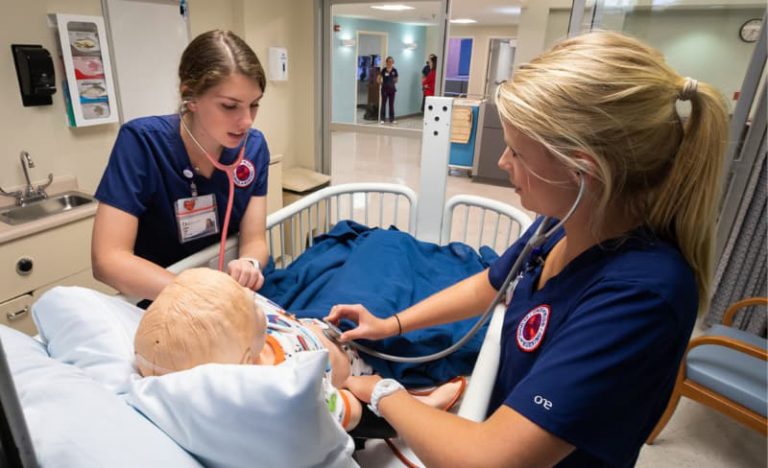
A Mississippi higher education task force looks to revamp the state’s financial aid programs to make them more efficient, and successful, by removing restrictions and increasing funding.
Mississippi has in place three separate forms of financial aid meant to help students who want to attend an in-state college or university. Two years ago, a task force was created to make recommendations to the Mississippi Legislature on possible revisions to the state’s financial aid system.
The Student Financial Aid Redesign Task Force has been meeting to achieve its mission.
Earlier this year, a bill was presented in the Mississippi House that would have altered eligibility for the existing programs and increased funding by $22 million. House Bill 771 did not advance to be signed into law, though, leaving the state’s financial aid system where it stood before, according to task force member Jason Dean.

Before the next Legislative session starts in January 2024, the task force is working to create a list of changes and have a bill ready for the Legislature to review, said Dean, who is also the Executive Director of the Mississippi Association of Independent Colleges and Universities and the former Chairman of the Mississippi Board of Education.
Monday, the Mississippi Postsecondary Education Financial Assistance Board met to discuss the recommendations of the Task Force. Dean noted the task force is pushing for legislative hearings on the subject before session starts.
“It’s critical that we can get a hearing and have a bill drafted and do something good for the students of Mississippi,” he said.
The task force’s goal is to revamp the state’s financial aid programs to make them more efficient, and successful, by removing some of the restrictions and increasing funding. Another stated goal is to open eligibility of one type of grant funding to those seeking workforce credentials.
Dean argues that by allowing people to obtain work force credentials it opens a path for those not seeking a two- or four-year degree.
Currently, there are three types of financial aid offered by the state of Mississippi, with additional financial aid opportunities coming through the federal government.
The Mississippi Eminent Scholars Grant (MSEG) is meant to keep Mississippi’s highest performing students in state. Eligible students must be Mississippi residents with a GPA above 3.5 and have scored at least a 29 on the ACT (1350 SAT) or be recognized as National Merit Finalist or Semi-Finalist. MSEG awards recipients $2,500 toward a two- or four-year institution of higher learning in Mississippi.
The Higher Education Legislative Plan for Needy Students grant (HELP) is available to students who are eligible for federal Pell Grants. While there is an academic component to HELP eligibility–students must achieve at least a 20 on the ACT and have at least a 2.5 GPA–the grants, like Pell Grants, are intended to help low-income students attend college. HELP grants cover tuition and fees at a four-year institution of higher learning in Mississippi.
Finally, Mississippi offers the Mississippi Tuition Assistance Grant (MTAG). MTAG is available to students in families with income levels which are too high to qualify for the full federal Pell Grant. MTAG has the lowest academic requirements, with students becoming eligible with a 15 on the ACT and at least a 2.5 GPA. It also offers the lowest aid.
The last increase in the state’s grant programs was made years ago. Dean said the awards under the MTAG program are currently stuck at $500 for freshman and sophomores and $1,000 for juniors and seniors. He said awards through that program have been the same since 1995.
“In general, financial aid in the state has been stuck at $50 million for too many years,” Dean said.
Funding increases could potentially come from the state’s lottery, according to Dean. He says the while the amount of money that comes from the lottery varies, it is steady enough that other states have built successful college grant programs around it.
Dean also argued that opening the grants up to people seeking an education in paths that don’t lead to a bachelors or associates would improve Mississippi’s workforce and help more people move into higher income brackets.
He contends that for every 1 percent increase in the state’s population with a postsecondary credential, $20 million in additional economic activity follows.
Currently, about 48 percent of Mississippians hold some sort of higher education credential or certification. Dean said that figure is below the national average and for Mississippi to be competitive, the state needs to raise participation.
CORRECTION: The story has been updated to clarify eligibility for MTAG and to correct the previous version’s indication that the Task Force was fulfilling a statutory obligation.











